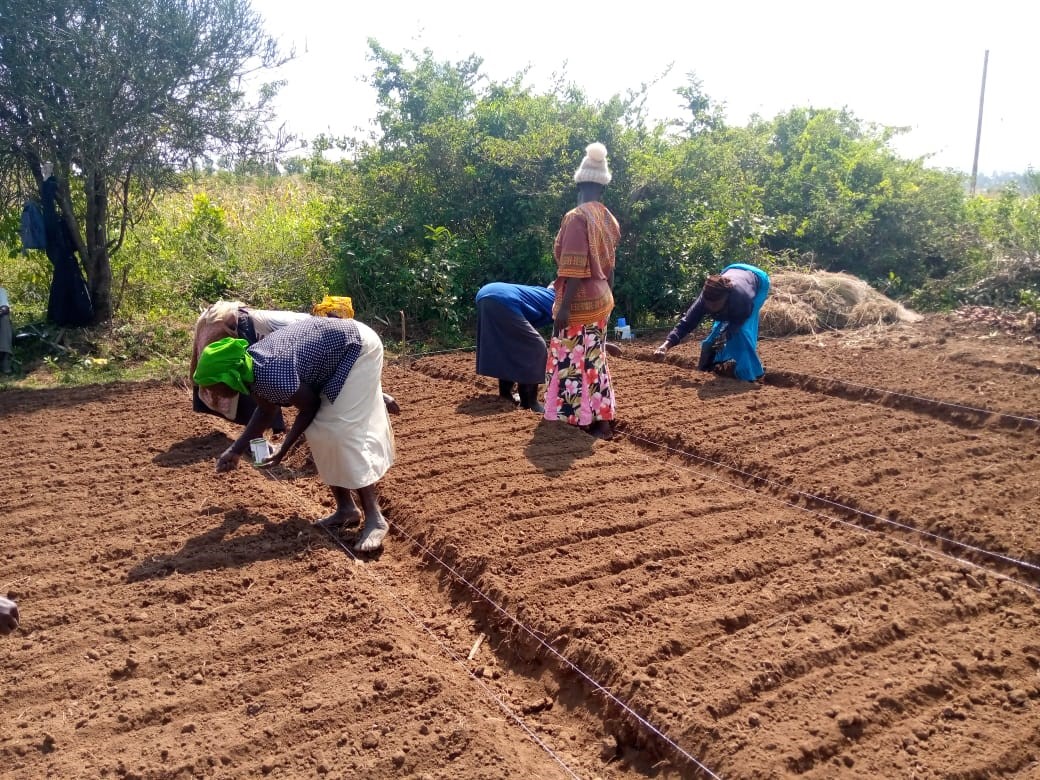World Health Organization
WHA78: Member States highlight the crucial role of the GCM/NCD in driving multisectoral and multistakeholder action on NCDs
Meaningful Engagement of People with Lived Experiences
27 May 2025
World Health Organization | 25 Nov 2022
The Marindi Sub County Hospital provides primary care for a population of 13,000 in the Homa Bay County of Western Kenya. Some 2,500 people in this rural area are estimated to be living with HIV/AIDS. Recent hospital data shows that most of these individuals receive antiretroviral treatment and can be considered stable, yet women in particular show a tendency to be overweight. Nutrition counseling sessions revealed that many of these women were missing a healthy and diverse diet and were often unaware of associated health risks. With mostly men deciding on the use of the land, the women also had no say in which crops, fruit or vegetables are planted on the land.
With its slogan “Being proactive everyday, keeps obesity at bay”, the Healthy Woman project strategically addresses unequal gender roles, a major gap in integrated HIV and NCD services in primary health care, unhealthy food systems and limited health literacy among the farming community in the area. Through health education and hands-on training in agri-nutrition, women are empowered to regain control of the land and take healthy food- and nutrition-related decisions for themselves, their families and their households.

Together with a dietitian and nutritionist, peer educators hold monthly health education sessions with women in multiple communities around the hospital. The curriculum covers the health risks of obesity, diabetes and hypertension prevention and control, as well as practical skills around maintaining a healthy diet and growing a variety of crops. Twice a week, the women meet in the hospital garden or on the surrounding farms to practice farming activities and adding physical activity to their daily routines. Several local partners support the project with funds, seeds or farming knowledge, including the Development in Gardening (DIG) initiative, the Elizabeth Glaser Pediatric Foundation (EGPAF), and Marindi Hospital staff and several county health professionals.
Thirty women participated in the project during the pilot phase, and the Healthy Woman is now expanding to include nine more groups in the area. The project has notably improved nutrition and food security in several participating households, and additionally allowed for sales of surplus farm produce. The women now incorporate at least five food groups out of ten in their diets, and their knowledge of NCD risk factors has improved from 2.1% to 57% according to the WHO STEPwise surveillance approach.
This NCD Lab project was the winning submission in the category Women & and Girls. The project was submitted to the third NCD Lab cycle by project founder Susan Onyango.